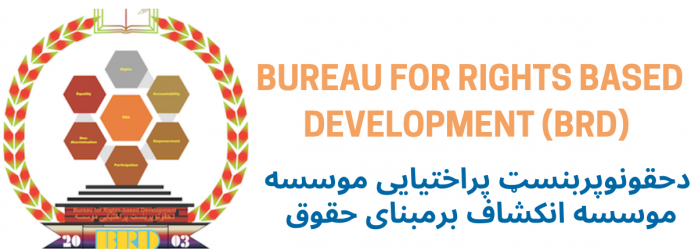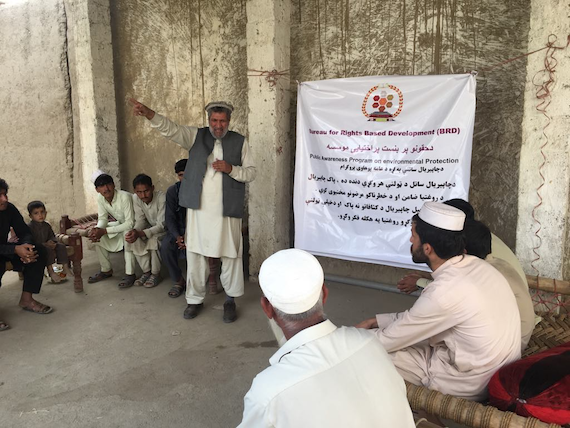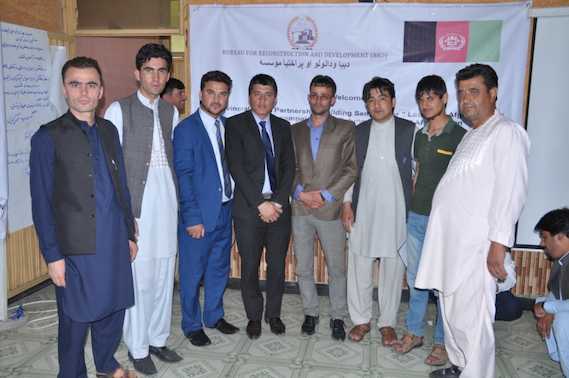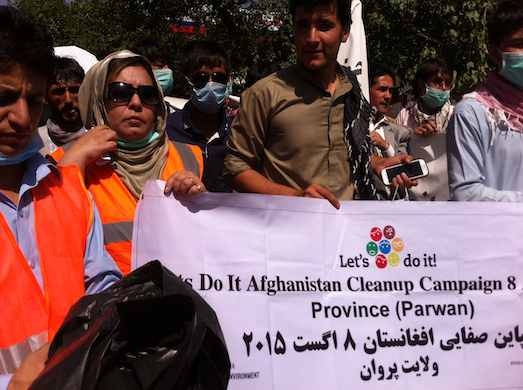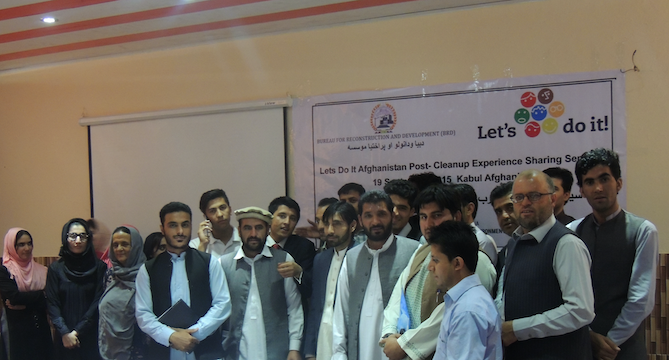Context
Due to highly unstable security environment and the extreme poverty, the nation’s natural resources and ecosystem functions are being rapidly degraded by uncontrolled water extraction, overgrazing and deforestation. In addition to that, the population in the growing urban areas suffers from severe air pollution and Trash, lack of sanitation and access to safe drinking water. The growing pollution in the cities is strongly affects people’s health and wellbeing. Health problems caused by environmental problems throughout the country include malnutrition, respiratory diseases and asthma. Alone in the city of Kabul, the residents use 4 tons of plastic bags and 3 tons of disposable plates and water bottles every day, where 13 million tons of plastic are thrown into the rivers every year which drastically affects the underwater life. If the situation the prolific use of plastic continues there will be no ground left to plant trees and other plants.
Afghanistan remains one of the world’s most vulnerable countries to the effects of climate change. According to the Notre Dame Global Adaptation Index, Afghanistan is the sixth most vulnerable country and least ready to address the impacts of climate change globally and currently ranked 8/10 on the INFORM Climate Change Risk Index. Between 1951 and 2010, Afghanistan’s mean annual temperature increased by some 1.8°C - nearly twice the global average. According to climate change models, future increases in mean annual temperature in Afghanistan are expected to be considerably higher than the global average, resulting in increased risk of drought and annual droughts in many parts of the country likely becoming the norm by 2030.


